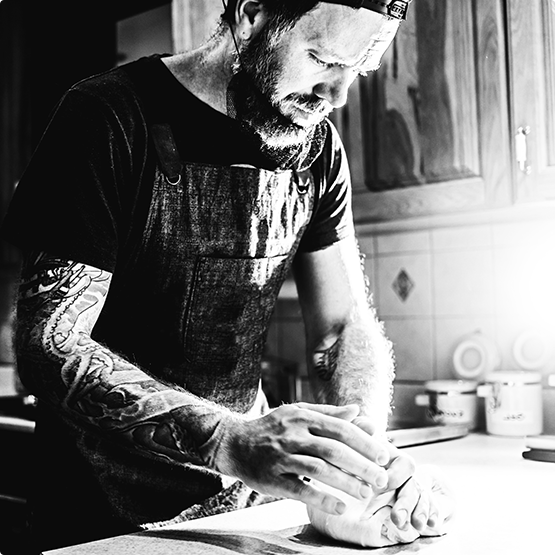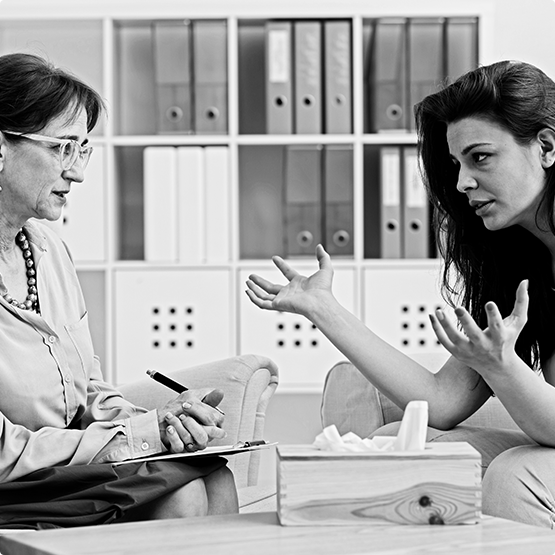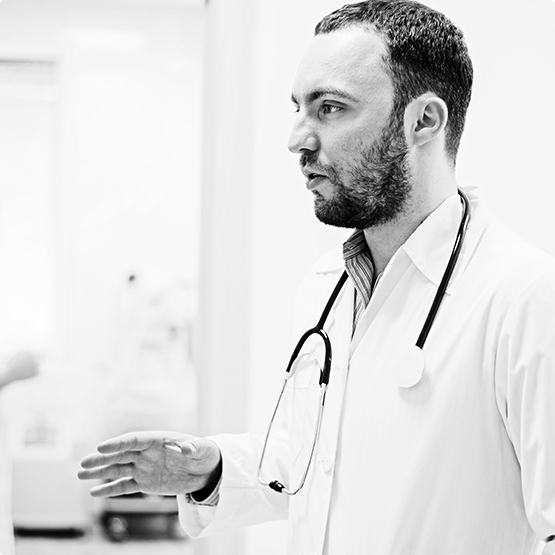
While in residential treatment, patients can receive dual diagnosis care to address both substance use-disorders and mental health. They will also learn about the disease of addiction and develop healthy coping tools through an evidence-based, trans-theoretical approach that incorporates several leading treatment models. Not every addiction is exactly alike, so we provide each patient with an individual and unique recovery plan.

Residential Treatment and Detox requires that residents remain on-site under Praxis care for 30 days. During this time, patients will not be permitted to leave the premises. Before enrolling in residential treatment, patients may first be asked to undergo medically supervised detoxification, during which they withdraw from their substance, occasionally through the use of supplemental medications that ease withdrawal symptoms.

Our residential treatment program is based on teaching our patients the skills that will help them understand the disease of addiction and enjoy sustained sobriety after graduating our program. Therapy sessions help our patients explore their underlying triggers of substance abuse. Additionally, support and educational groups help patients create a framework of support skills that help them in life after recovery.

In group therapy, patients will convene in a group setting with one or more therapists daily to learn about substance abuse, trauma, and mental health education. These sessions are designed to provide them with the tools they need to fight addiction, with topics covered including: 12-Step, SMART Recovery, Seeking Safety, Refuge Recovery, Celebrate Recovery, and extending to broader topics such as family dynamics, the disease of addiction, skills for fighting cravings, and more.
Learning these skills and tools can be useful on the path to recovery and many sessions will be centered around cognitive restructuring. This is the process wherein the brain becomes trained to respond in a more positive fashion to the triggers and stressors of daily life. Patients will have the opportunity to not only learn these skills, but to develop them and openly discuss practical applications in daily life. Some examples of the types of structured recovery programs patients will work with include:
Studies indicate that up to 59% of people with PTSD subsequently develop substance abuse problems, and for each Adverse Childhood Experience (ACE), the risk for an early introduction to substance abuse increases two to three times. Incorporating trauma informed care into substance abuse treatment can help spur higher retention rates and decrease the percentage of negative patient behavior. Praxis offers group therapy sessions that incorporate leading practices and skill-building lessons from trauma informed care provider Seeking Safety.

SMART Recovery is a four point program for those seeking to break the chains of addiction and successfully lead a productive life free from drugs and alcohol. SMART Recovery offers a broad array of methods that teach those in recovery to cope with urges, build motivation to keep working, and live a balanced, overall life of purpose. Praxis patients have the opportunity to create trigger worksheets, learn about the physiology of depression, and work on recovery based activities.

Refuge Recovery is a path to freedom from addiction inspired by Buddhist practices and beliefs. The process comes from Noah Levine, Buddhist practitioner and author of several books about the buddhist approach to recovery. Practices learned in Refuge Recovery can provide a systematic approach for addiction treatment and a non-theistic approach to recovery that many find helpful.

The 12 Step Program, commonly known as AA or NA, is another support program that follows a specific set of recovery steps for maintaining sobriety. The program has underpinnings in spirituality although it does not require members to adhere to any specific belief in a deity. Using the “Big Book”, patients can learn about the twelve steps and how to practice these steps in daily life to maintain sobriety and a positive outlook on life.

Patients will also participate in individual therapy sessions. This portion of treatment provides the kind of personal recovery work that an individual needs in order to learn about their personal relationship with substances. Individual therapy can address the mental health aspects of addiction and help patients deal with personal trauma. At Praxis, patients will meet with individually assigned therapists at least once per week.

Family education is a service provided for all Praxis patient family members, spouses, and cohabitants. Many patients transition back into a home environment without their loved ones knowing how addiction works or how codependent relationships can arise. Having a loved one going through recovery can be a difficult thing, but supporting them through this tough period in their life can make all the difference/ Thus, involving the family is a useful component of addressing someone’s long term recovery.

Case coordinators will be assigned to all Praxis patients to assist in shaping inpatient treatment and if necessary, transitioning to IOP. Case coordinators are in charge of patient case records and documents, maintaining and updating files, and monitoring patient status. Patients will also receive an individual discharge plan from their case coordinator.

Looking to get more information on Praxis programs?
Call our admissions line at 833-772-9471.